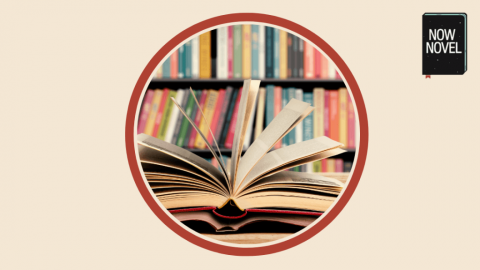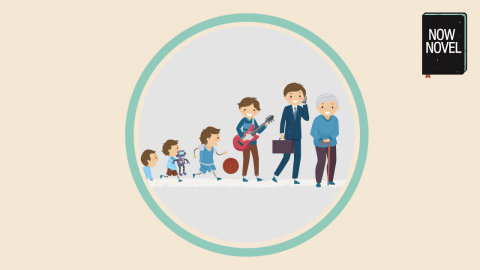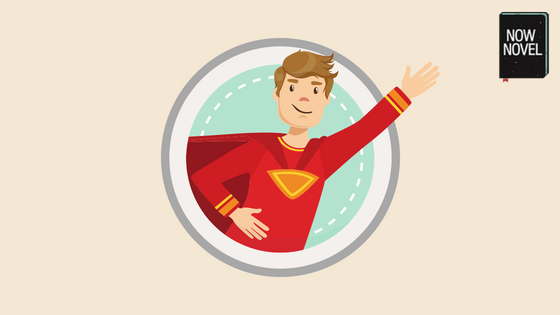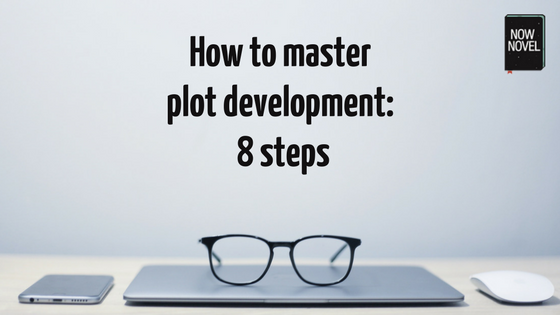So you’ve got a book idea. There’s a story image or event teasing your imagination. How do you develop a book idea in a germinal state into something detailed, more ready to begin your draft?

Good story development is crucial for taking readers on a journey. Read our best articles on how to turn an idea into a novel. Discover how to create plot and character development that keeps your reader engaged and interested.
Learn how to come up with plot points, what makes a good story, and when you’re finished reading get help developing your own story into the best version it can be.

So you’ve got a book idea. There’s a story image or event teasing your imagination. How do you develop a book idea in a germinal state into something detailed, more ready to begin your draft?

Learning how to develop a story so that you take readers on an unforgettable journey is key to becoming a great novelist. Here are 10 steps to ensure that the final draft of your book has a winning, memorable plot

Character development gives fictional characters depth. Like us, characters grow, change, make mistakes and learn (or don’t). Read 9 ways to make your characters grow and take … Read More

The recurring ideas or broad themes of books give us insights into ideas such as ‘love’, ‘honor’, ‘good vs evil’ and much more. Read 5 theme examples from books that show how to take your story’s ‘big ideas’ and use them to create additional characters and subplots:

The opening chapter of a book needs to hook your reader. How? By creating intrigue, suspense, lovable (or at least compelling) characters and interesting setting or action. Writing chapter one is a challenge, yet for many authors writing chapter two is the stumbling block – how can you develop further?

Many aspiring authors contact us with this problem: ‘I don’t know how to start writing a book. I only have a few rough ideas.’ There are variations: ‘I have so many ideas, but I’m not sure where to start,’ for example. Yet the general theme is the same: How, in terms of actual steps, should I start? Read tips to start turning your ideas into a novel:

Plot development means ensuring that your novel contains what makes stories enjoyable to read: Action and event, change, wonder and surprise. Here’s how to improve your plot-writing skills

The best-loved fiction for children, teens and adults shares characters who feel familiar. This is because effective characters often have strong archetypal qualities. They have combinations of fears and goals – character psychology – we’ve seen before. What are character archetypes, exactly, and how can you use them to make your novel’s cast more interesting?